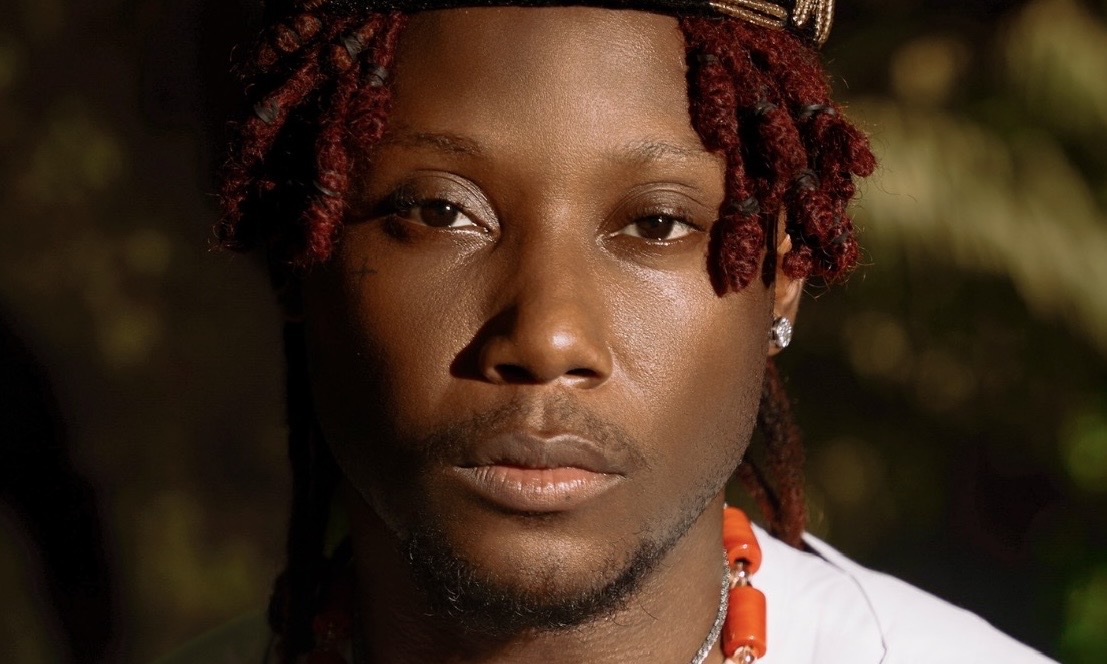
In the Zikoko Life film, My Body, God’s Temple, the main character battles with symptoms reminiscent of vaginismus. As the film progresses, we see that her condition takes root in purity culture, the popular religious practice. Purity culture is a concept that places strong emphasis on sexual abstinence before marriage. It, however, goes beyond the act of abstaining; it is a lifestyle.
Women are tasked with the responsibility of watching over men’s lust; they are cautioned to dress decently so as not to tempt men. Many women grow up with shame because they have been taught to view their bodies as walking temptations. On the flipside, the concept paints men as hypersexual beings lacking self-control; this notion supports rape culture. And some men are forced to perform hypersexuality within this sect.
This overemphasis on abstinence sometimes feels like an extrication of a very humane part of being human. And its effects leave long-lasting marks. Today, we sit with Sana, a sex therapist, to discuss purity culture, the havoc it has caused and still causes, and the steps we should take to live better sex-positive lives.
How does purity culture shape a person’s beliefs and attitudes towards sex, even long after they become sexually active?
There is a proven theory called the cultivation effect; it was originally focused on how exposure to repeated messages, patterns, or societal ideologies influences a person consciously or subconsciously. I think that at some point, we all believed Mexico was a country with orange-colored views.
This applies to all aspects of societal perception about sex; for the most part, we grew up watching movies of a girl or woman being raped, and she’s often viewed as less desirable, or a wife denying her husband sex is seen as a bad thing.
Years later, we still have a society that believes that a woman should keep herself for a man, not because she desires celibacy, but because she should keep herself to be more desirable for a man. We have “marriage counsellors” tutoring young wives to believe that sex is their responsibility; we don’t teach them that it is something they can enjoy; they do it to please the man.
Cultivation effect happens even outside of the media; most people view sex as a responsibility and not something to enjoy. I had a client who was once worried about leaving an abusive marriage because she didn’t want to have all of her kids from different men, which is a belief she has subconsciously learnt from purity culture. It deeply shapes the way we approach sex.
What links, if any, have you observed between purity culture and conditions like vaginismus or sexual dysfunction, especially in women?
Sex is often viewed as sinful and shameful; that is the core message of purity culture. Sexual assault and abuse are almost always the first way people get to encounter (for lack of a better word) sex. There is already so much guilt that your body is sinful; that is why a person, especially a woman, is assaulted.
With that mindset (remember a lot of Nigerian women grew up hearing sex is sinful and shameful during their formative years up until their teenage years), it reinforces the notion that it happened because of them and the body keeps score of trauma.
In order to protect you, your body anticipates pain. If you begin to have anxiety before sex, this anticipation can trigger spasms in the vagina. You also feel disconnected from your body (arousal non-concordance); you may be physically aroused to have sex, but mentally you are not ready, and it makes the entire experience a moment to endure pain rather than enjoy it.
Purity culture is often discussed in relation to women. But does it affect men too? If so, how does it typically show up in their sex lives or relationships?
Purity culture affects everyone, although women are mostly victims. Because purity culture is built on systems that already view women as lesser. We mostly see purity culture reinforcing toxic masculinity in men. It justifies violent behaviours; a common one is the dehumanisation of women.
It encourages men to view women as just sexual objects, whether they are fully clothed or not, and it also encourages them to act on impulse; a lack of accountability reinforces this behaviour. If you go for rape walks in Nigeria, it’s always “what was she wearing?” You give examples of how reverend sisters were raped years ago, and it becomes “men will be men now.”
The need to always also fit into the hypersexual narrative for men that purity culture reinforced is the reason why men will take all manner of concoctions to maintain an erection; it is why they keep trying to impress their partners during sex and not check with them, leading to a terrible sex experience.
For someone raised in purity culture, what are some common internal struggles or emotional hurdles they face when they start having sex?
The most common from my practice as a sex therapist is the notion that the female body is sinful. Hide your curves; don’t tempt the men. A woman is not supposed to demand sex. We then wonder why some women have body esteem issues; we wonder why sex is mostly done for procreation and why it is not enjoyed.
There was a study done in Oxford, and women raised in purity culture had higher sexual shame scores. They discovered that these women had more trauma, as most were victims of CSA (Child Sexual Assault). They focused more on what they should have done to prevent the assault.
We also have discovered that there is sexual repression; because of purity expectations, you don’t get to do what you enjoy. You discover most adults don’t know what they enjoy, or sometimes they want to explore, but because of internalised shame, have no idea where to start.
In your experience, how deeply can purity culture affect someone’s sex life—in terms of shame, communication, pleasure, or even identity?
Purity culture directly impacts the sexual lives of people; there is research that shows that sexual assault survivors who blame themselves for the assault make those decisions based on learning about sex, usually from a young age or a conservative view.
So, they have higher chances of feeling ashamed about sex, and because of that, they tend to avoid sexual expressions; they don’t talk about sex with their partners, it’s just something they must do. And it isn’t healthy; it is okay as adults to talk about sex.
What does unlearning purity culture actually look like in practice? Are there steps or tools you recommend for people trying to build a healthier relationship with their sexuality?
It is realising that some of the things we grew up learning about sex were from a place of shame; spend time listening to others and researching new things you hear a friend say, and for those who were assaulted, it is not your fault.
Practical tools would be looking for certified holistic sex educators; they mostly write articles and host webinars. People who also share their personal experience or bring a new perspective to things you can listen to with an open mind and reevaluate your own views.
What does a healthy, sex-positive person look like in contrast to someone still influenced by purity culture norms?
The ability to talk about sex with comfort and appropriately—you see how Niniola was comfortable enough to teach us about sex in her song? Not from a place of judgement, she cared, and that was why she gave the advice and made it fun; she normalised it because it is a healthy act.
So, a sex-positive person will talk about sex freely; they are not sharing to be termed professionals, they want others to learn, and to them, it’s a normal conversation. (Her alum advice was wrong, by the way; please don’t put alum in your vagina.) When health professionals corrected her, she also understood and acknowledged that she knew better now. She was open to learning.
Many people feel conflicted between their values and desires. How can someone begin to separate personal values from inherited shame or fear around sex?
If you are an adult, you should be able to acknowledge that not everything you learnt is correct, and you should be prepared to unlearn and relearn.
I think when people come to terms with that, it is easy to decide then what your inherited shame or fear around sex is, why it is that way, what was untrue from your learnings, and how you correct that and get comfortable with the sexual life you desire.





